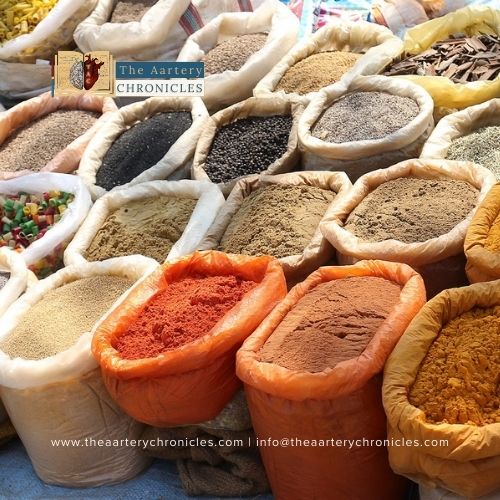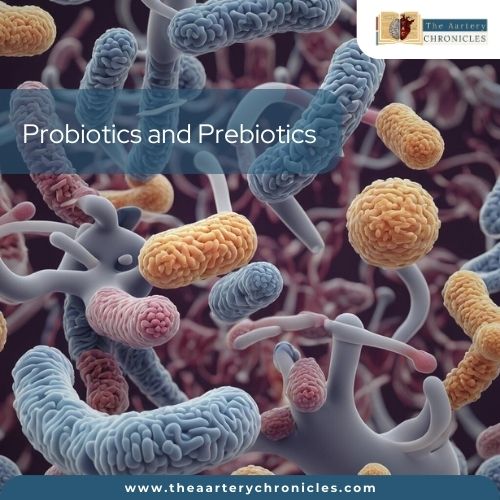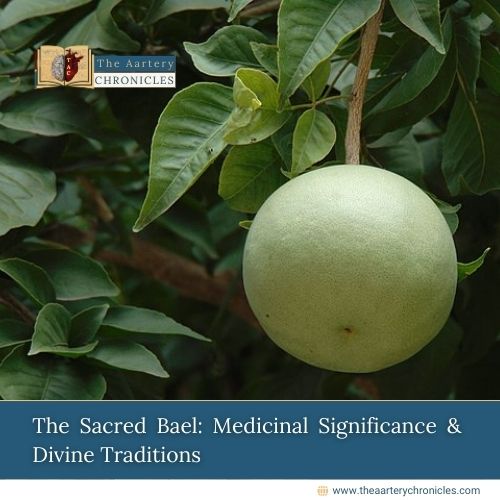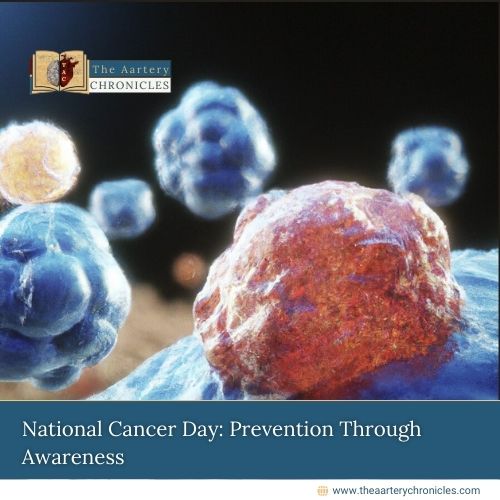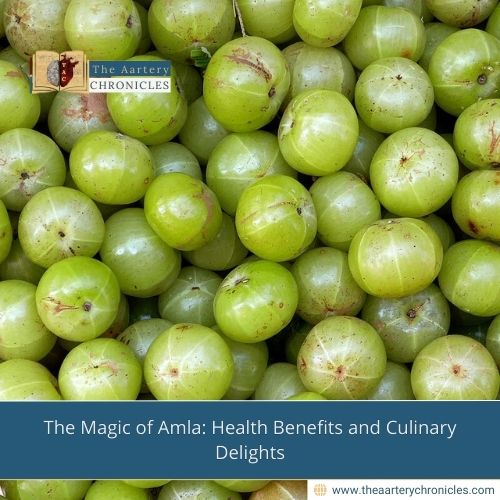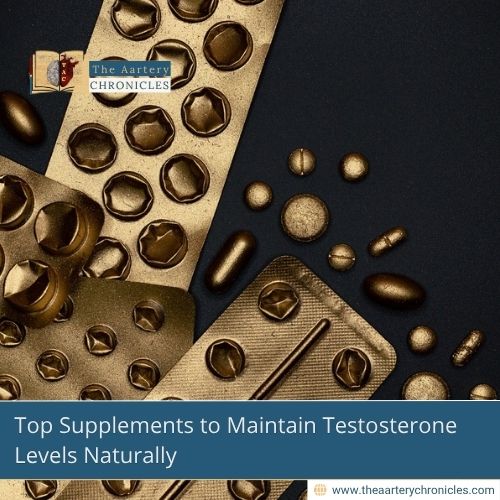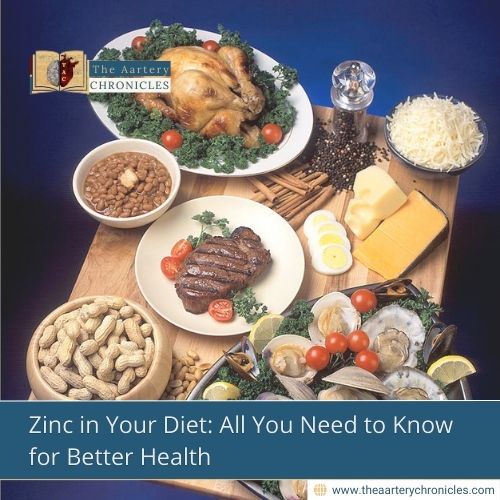

Zinc in Your Diet: All You Need to Know for Better Health
Introduction
Zinc is an essential nutrient and a trace element necessary to stay healthy. Of all the trace elements in the human body, zinc is second after iron when it comes to concentration. It occurs naturally in some foods is added to others and is also available in the form of a dietary supplement
Role of Zinc in the human body
- Immune Support: Zinc contributes to immune cell production and regulation, enhancing the body’s defence mechanisms and promoting faster healing.
- Growth and Development: Essential for proper growth during childhood, adolescence, and pregnancy, zinc plays a key role in protein synthesis and cell division.
- Cognitive Function: Supports nerve signal transmission in the brain, aiding memory, learning, and overall cognitive health.
- Reproductive Health: Crucial for sperm production in men and the proper function of the female reproductive system.
- Metabolism: Acts as a structural component of numerous proteins, enzymes, and transcription factors, assisting in carbohydrate, lipid, and protein metabolism for digestion and nutrient absorption.
- Skin Health: Helps reduce inflammation, supports wound healing, and improves overall skin condition.
- Protection Against Oxidative Stress: Shields cells from oxidative damage caused by free radicals, preventing inflammation and maintaining cellular health.
It is essential to get enough zinc through diet or supplements if required for the proper functioning of the body and to avoid deficiencies which may lead to several health issues. Furthermore, zinc also plays a vital role in the prevention of several diseases. As one of the prime roles of zinc is to support the immune system, its deficiency can cause susceptibility to infections and diseases. Its antimicrobial and anti-inflammatory properties help in reducing inflammation and preventing acne.
Deficiency of zinc
Zinc deficiency is widespread globally, particularly in developing nations. It can be either inherited or acquired, often showing up with symptoms like infections, inflammation, gastrointestinal issues, or skin problems. Treatment usually involves oral zinc supplements, which often lead to rapid improvements.
Symptoms of zinc deficiency include:
- Skin sores
- Poor appetite
- Persistent infections
- Hair loss
- Issues with the sense of smell and taste
- Difficulty seeing in dark
The recommended zinc dosages, along with those for other nutrients, are outlined in the Dietary Reference Intakes (DRIs), which were developed by the Food and Nutrition Board at the National Academies of Sciences, Engineering, and Medicine. These values differ based on age and sex and include:
For children aged 9 to 13 years, the recommended zinc intake is 8 mg per day.
For adolescents and adults (based on the Recommended Dietary Allowance or RDA):
- Males aged 14 and older: 11 mg/day
- Females aged 14 to 18: 9 mg/day
- Females aged 19 and older: 8 mg/day
- Pregnant females aged 19 and older: 11 mg/day (12 mg/day for those 14 to 18 years old)
- Lactating females aged 19 and older: 12 mg/day (13 mg/day for those 14 to 18 years old)
Effective uses of Zinc
Effective uses of zinc:
- Treating zinc deficiency
- Reducing the sensitivity and duration of diarrhoea in undernourished children
- Improving symptoms associated with Wilson’s diseases
Potentially effective uses:
- Treatment of Acne
- Treatment of leprosy
- Reducing or slowing down the loss of vision due to age-related macular degeneration (AMD)
- Prevention of gingivitis
- Improving sense of taste in individuals with hypogeusia.
- Preventing and treating stomach ulcers
- Improving symptoms of acrodermatitis enteropathica.
Sources of Zinc
Some of the richest sources of zinc are:
- Meat
- Fish
- Seafood
- Oysters
- Beef
- Eggs and dairy products
- Fortified breakfast cereals
Beans, whole grains, and nuts also contain zinc, however, the bioavailability from these foods is lower than that of the animal sources as these foods contain phytates. These phytates bind minerals like zinc in the intestine forming an insoluble complex which inhibits the absorption of zinc.
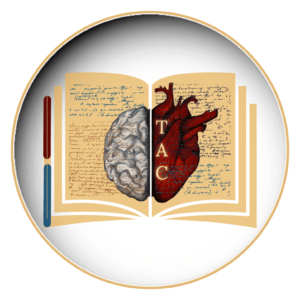
TAC Desk
Reviewed by Dr Aarti Nehra, MBBS, MMST


